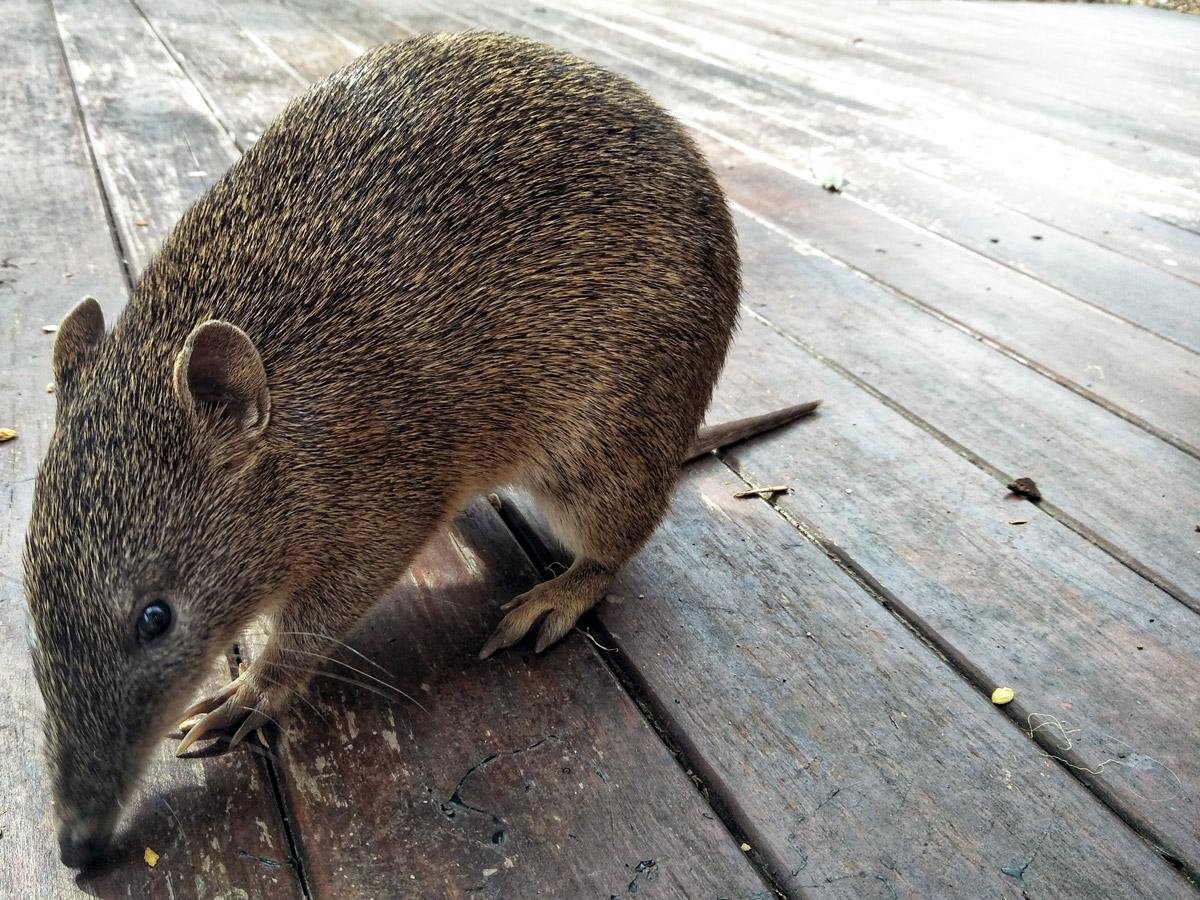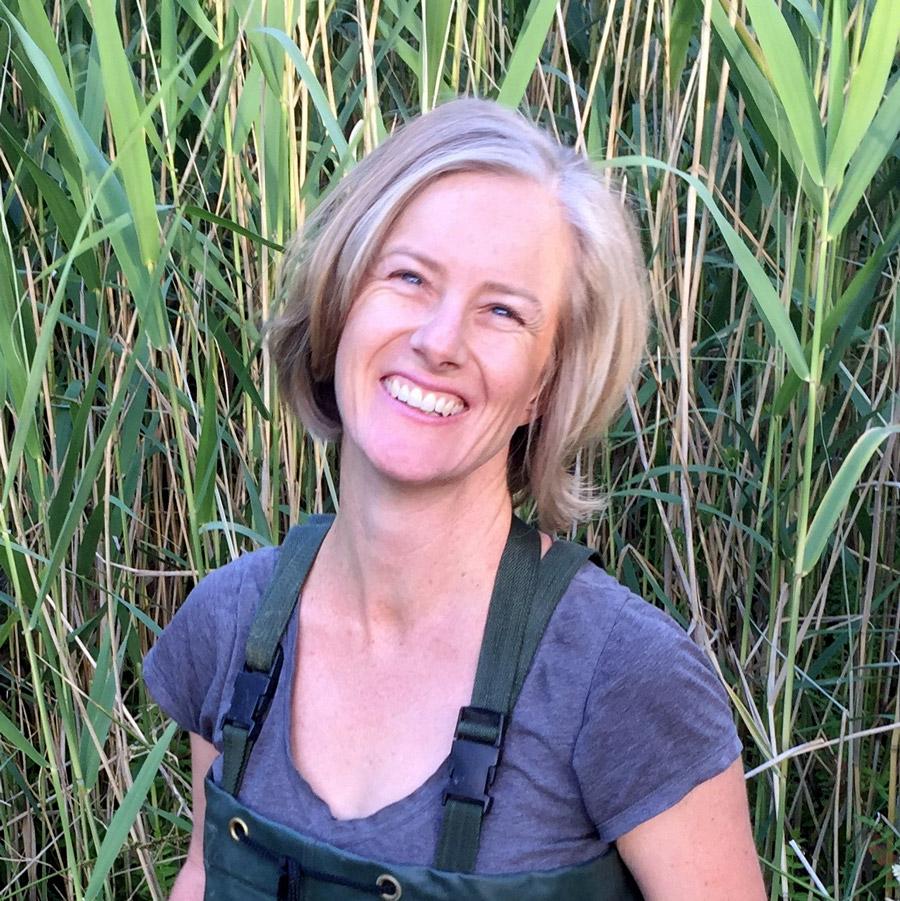Can citizen science save the planet?
The world is changing rapidly around us, and we need to discover innovative ways to protect threatened species, like our cute and curious southern brown bandicoots in the Mount Lofty Ranges.

Although we’re predicted to be on the brink of mass extinction, the United Nations’ recently-released Global Assessment Report on Biodiversity and Ecosystem Services is hopeful. We can halt the extinction of endangered bandicoots and other species – if we discover how to engage the world in transformational change.
We know that exercise, social connection, and whole-food diets are transformational changes that protect human health. But how do we create such transformational change for humans to also protect our planet?
Combining social-cognition and citizen sciences may hold the key: Can they be a mechanism for transformational change to halt extinction?

Join us to investigate the potential to adapt insights from health behaviour change to predict and propel behaviour change for bandicoot conservation (think global – act local).
Your research could combine interviews, focus groups, and social media. Together we’ll begin to discover better ways to transform citizen science into behaviours that have a direct benefit for our endangered bandicoots.
Study wildlife conservation
Our University of Adelaide Bandicoot Team is passionate about protecting our native communities and species. Bandicoot conservation is our model system.
Join us to help tackle the global challenge of protecting against mass extinction. We're discovering new ways to think global–act local through transformational change for conservation.
We'd love you to join us for this exciting transdisciplinary partnership between psychology and ecology!

Supervisors
Co-supervisor: Professor Deb Turnbull
Research area: Transformational change for wildlife conservation, Environment Institute
Recommended honours enrolment: Honours in Science Communication
